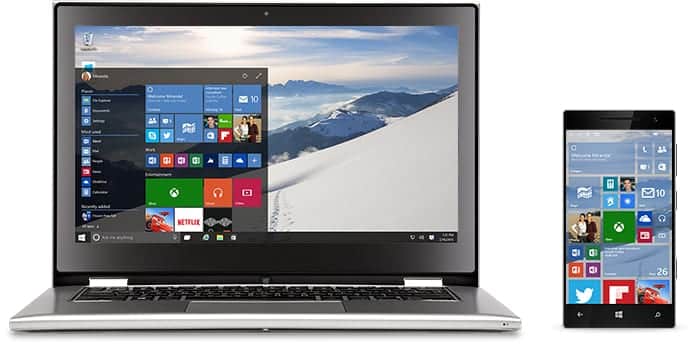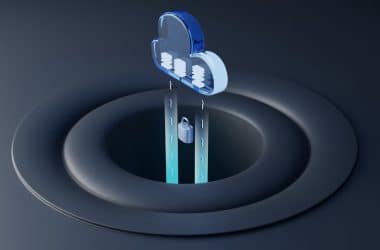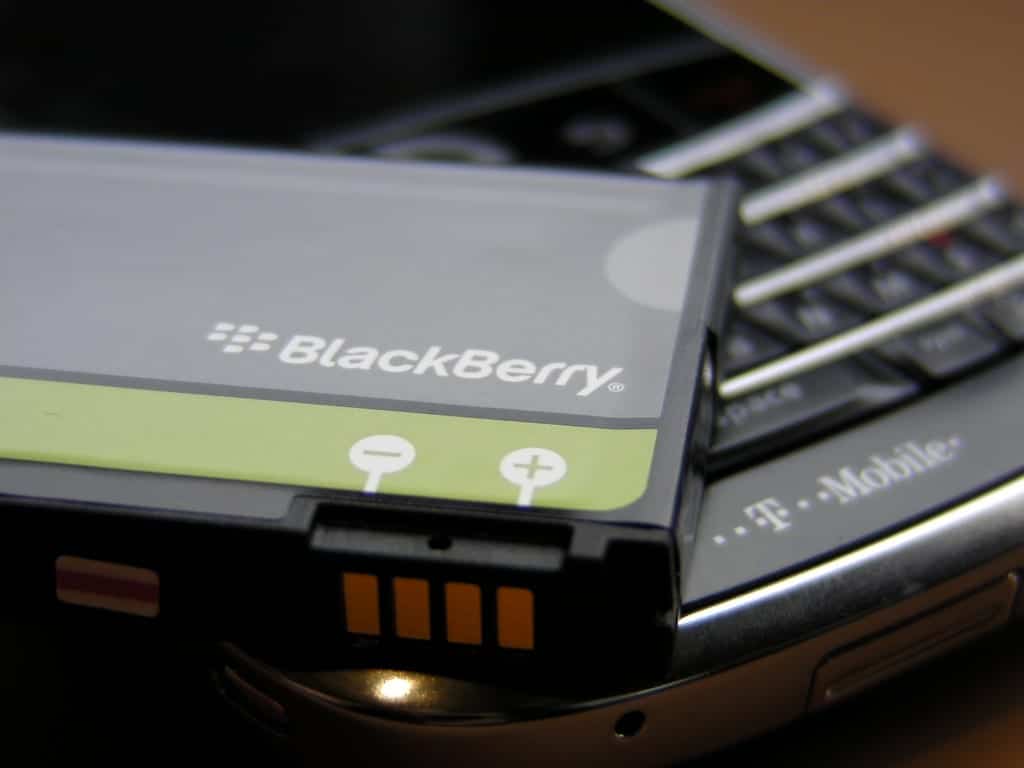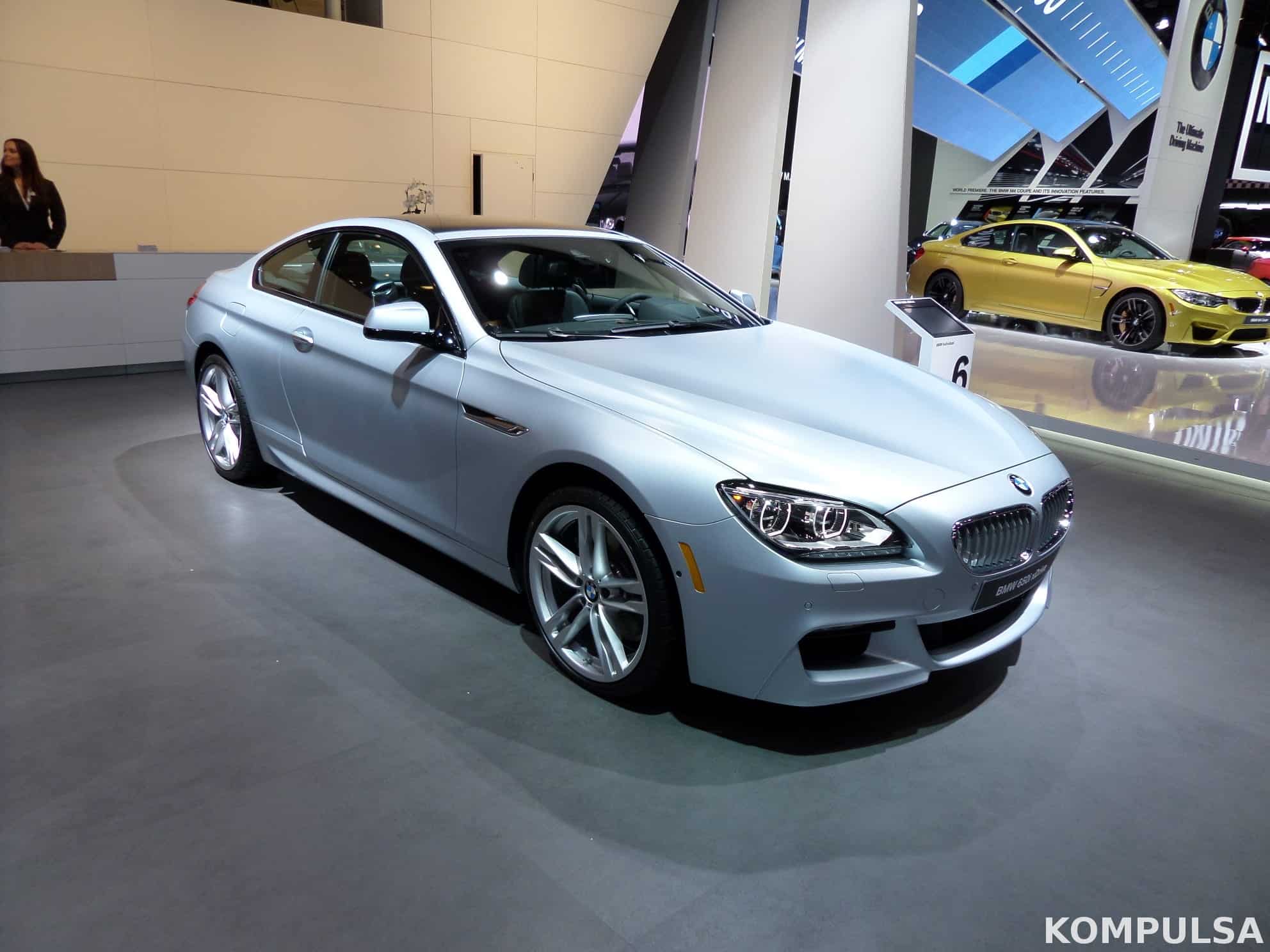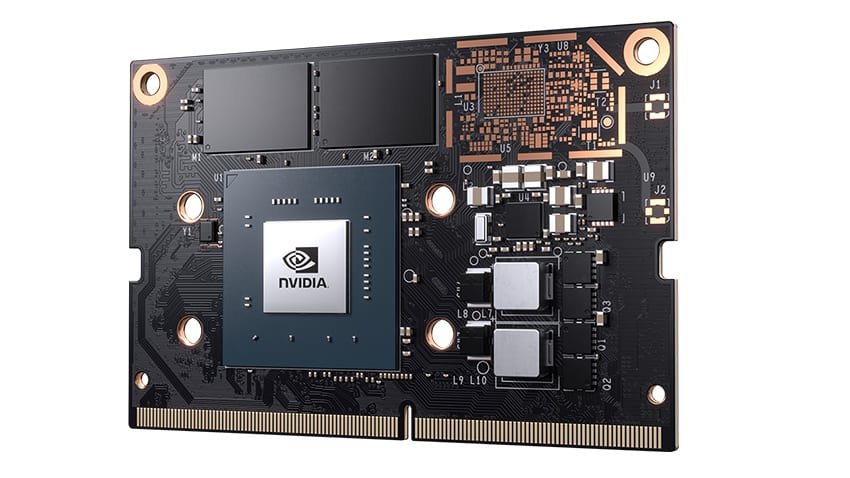Sony has been working on high-energy density lithium-sulfur battery technology which could last 40% longer than lithium-ion ones. Compared to other lithium-sulfur batteries I’ve seen, that isn’t much, but the fact that a big company like Sony is taking it seriously is great news. They have the resources required to commercialize new technologies.
Lithium-sulfur batteries can achieve a whopping gravimetric energy density of 400 Wh/kg, which is four times greater than that of most lithium-ion batteries. Imagine if your smartphone could last four days per charge, or your Toyota RAV4 EV could drive 412 miles per charge without any additional weight!
If Sony is like most companies, they’re working towards that coveted 400 Wh/kg milestone that could turn the transportation industry upside down.
Featured Image Credit: BB via Flickr.


